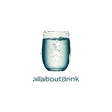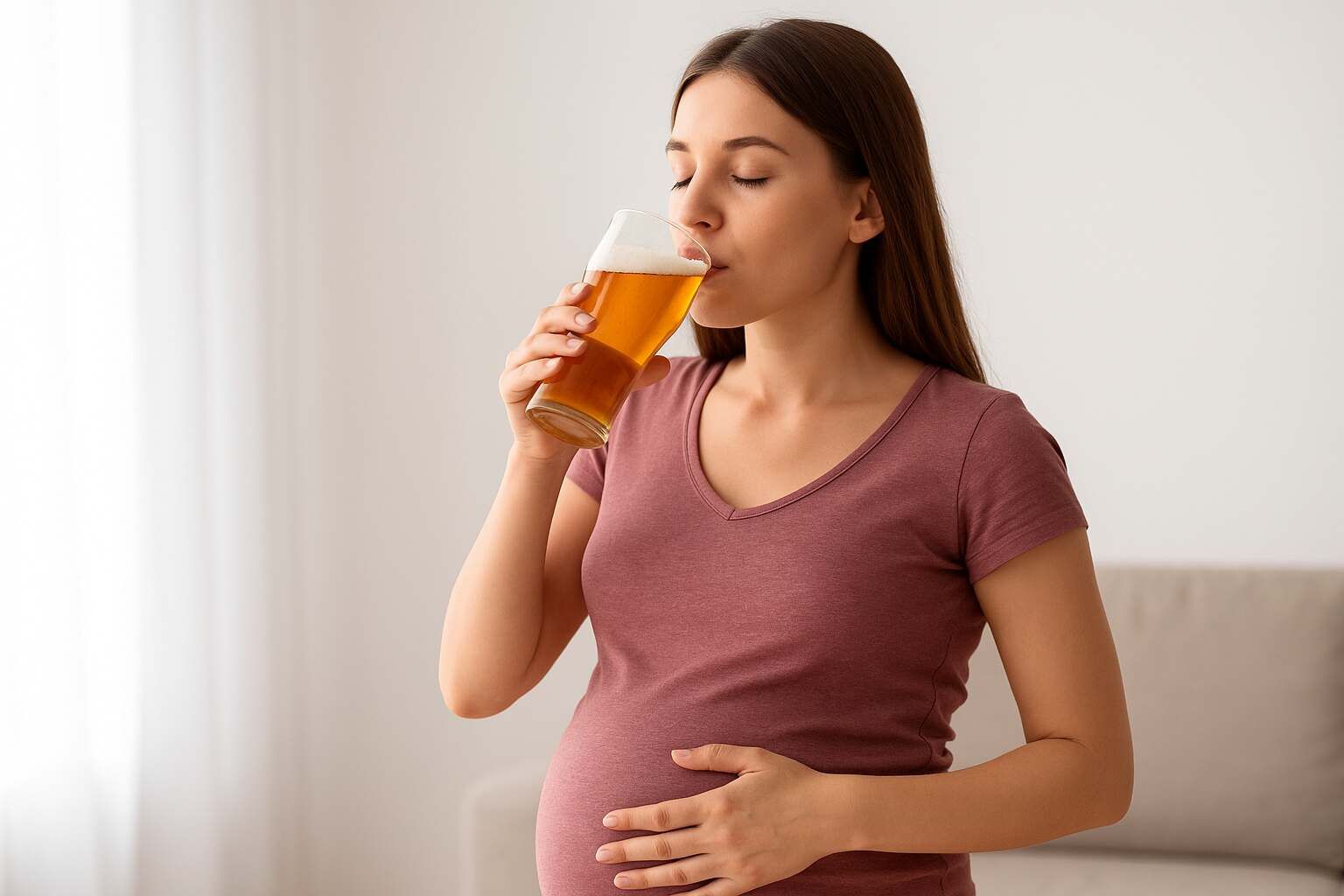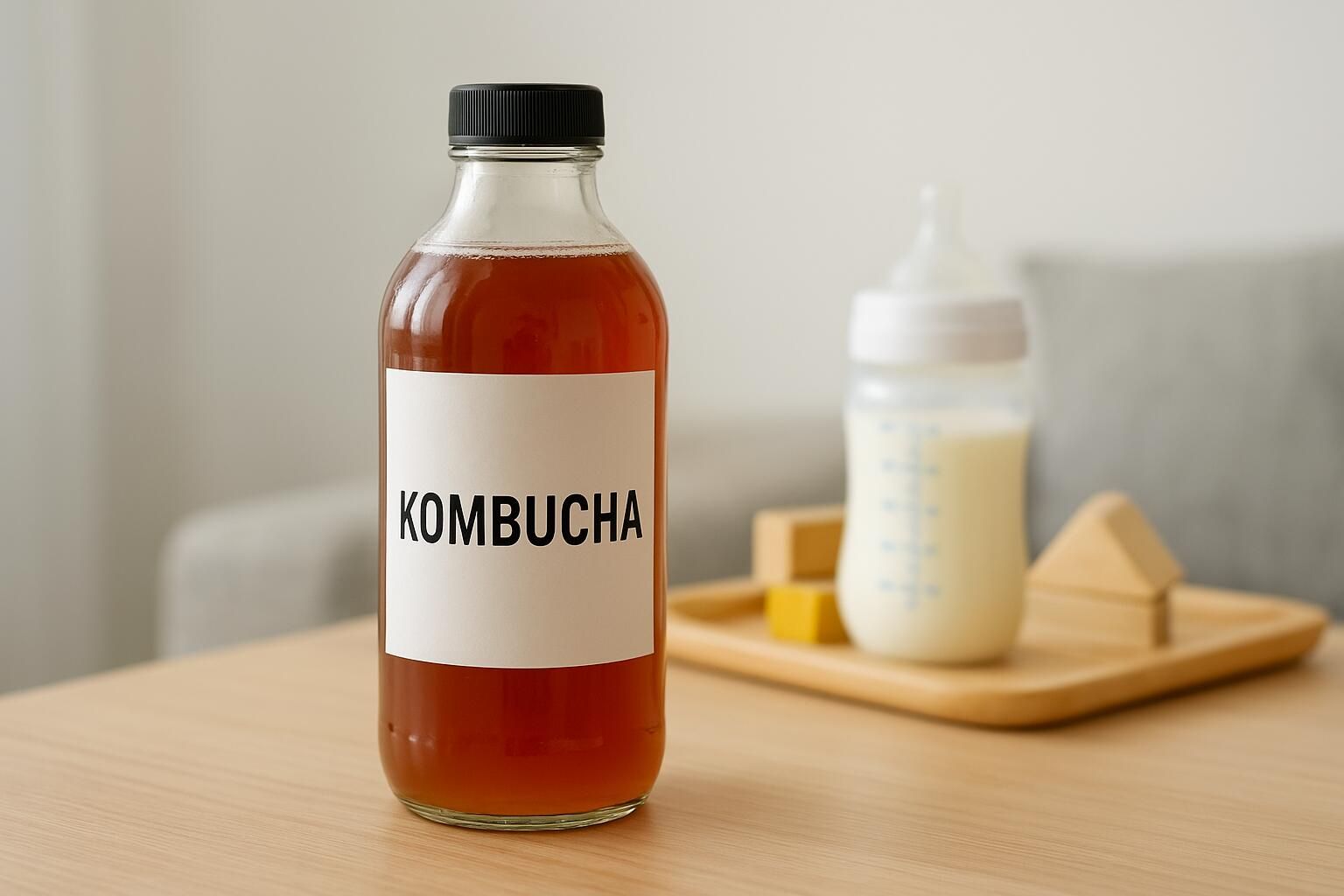Yes, you can usually drink decaf coffee with gallstones, but moderation is key. Since it contains only small amounts of caffeine, it’s less likely to overstimulate the gallbladder compared to regular coffee.
However, some people still notice discomfort or bloating after drinking it. If you have gallstones, start with small amounts and monitor your body’s response. While decaf is generally safe, individual tolerance varies, so paying attention to symptoms helps determine whether it should remain part of your diet.
Introduction
If you’ve ever asked yourself, “can I drink decaf coffee with gallstones?” you’re not alone. Coffee is a daily ritual for many, but gallbladder problems often make people rethink their cup. Gallstones form when bile hardens inside the gallbladder, and certain foods or drinks can trigger painful symptoms.
Decaf coffee is often seen as a safer option, but the answer isn’t always straightforward. While it contains far less caffeine than regular coffee, decaf can still affect gallbladder contraction and digestion. Understanding its potential benefits and risks helps you make smart choices without giving up your favorite warm drink.
What Are Gallstones?
Gallstones are hardened deposits that form in the gallbladder, a small organ that stores bile to aid digestion. They range in size from tiny grains to larger stones and can block bile flow, leading to pain, nausea, or bloating after meals.
For people wondering can I drink decaf coffee with gallstones, it helps to understand that gallbladder disease is often triggered by diet, fat intake, and even certain beverages. While not everyone with gallstones experiences symptoms, knowing how foods and drinks affect bile flow can reduce discomfort and prevent flare-ups when managing daily habits, including coffee consumption.

What is Decaf Coffee & How Is It Made?
Decaf coffee is regular coffee that has had most of its caffeine removed through processes like water extraction, solvents, or carbon dioxide treatment. While it isn’t 100% caffeine-free, it usually contains only a fraction of the caffeine found in a standard cup. For anyone asking can I drink decaf coffee with gallstones, knowing this difference matters.
Caffeine is known to stimulate gallbladder contraction, but decaf reduces this effect, making it a gentler option. Still, compounds in coffee besides caffeine can influence digestion, so decaf isn’t always risk-free for those managing gallbladder disease.

Potential Benefits of Decaf Coffee for Gallbladder Health
When asking can I drink decaf coffee with gallstones, it’s worth looking at potential benefits. Decaf coffee still contains antioxidants, such as polyphenols, which may support liver and gallbladder health by reducing inflammation.
For people sensitive to caffeine, decaf lowers the risk of overstimulation while still providing the comfort of a warm beverage. Some research suggests that coffee in general may reduce the long-term risk of gallstone disease, though the strongest evidence applies to caffeinated varieties. Still, decaf can be a gentler option for those managing symptoms.
Choosing low acid decaf coffee may also ease digestion and reduce discomfort. For many, this makes decaf a balanced compromise—offering taste and routine without significantly increasing the risk of gallbladder pain or flare-ups.

Risks & Cautions of Drinking Decaf Coffee with Gallstones
| Risk Factor | Explanation | Tips to Reduce Risk |
|---|---|---|
| Gallbladder contraction | Coffee compounds (even in decaf) may stimulate bile release and cause discomfort. | Limit intake, monitor for pain. |
| Digestive issues | Some people report bloating or indigestion after decaf coffee. | Drink with food and choose low-acid decaf. |
| Additives | Cream, sugar, and syrups can worsen gallbladder symptoms. | Use minimal additives or dairy alternatives. |
| Processing chemicals | Some store-bought decaf may contain residues from chemical decaffeination. | Choose water-processed or organic decaf. |
| High intake | Multiple cups daily increase the chance of gallstone flare-ups. | Stick to 1–2 cups per day. |
| Symptom sensitivity | Individuals react differently to decaf with gallstones. | Track symptoms and consult your doctor if issues persist. |
Tips for Drinking Decaf Coffee Safely with Gallstones
If you’re wondering can I drink decaf coffee with gallstones safely, moderation is your best strategy. Stick to one or two cups per day, and pay attention to how your body responds. Choosing low acid decaf coffee or brewing it at home allows you to control additives and avoid unnecessary chemicals.
Skip heavy cream, excess sugar, or flavored syrups, as these can worsen gallbladder discomfort and add strain on digestion. Some people find that adding a splash of milk or using dairy alternatives reduces irritation.
Staying hydrated and eating balanced meals alongside coffee can also minimize symptoms. Most importantly, track your body’s signals—if decaf causes bloating or pain, cut back. Each person’s tolerance is unique, so a mindful approach helps keep your routine enjoyable without triggering gallstone flare-ups.
FAQs
1. Can I drink decaf coffee with gallstones every day?
Yes, but limit it to 1–2 cups and monitor for symptoms like bloating or pain.
2. Does decaf coffee still have caffeine?
Yes, small amounts remain, though far less than regular coffee.
3. Does decaf coffee help prevent gallstones?
Research shows caffeinated coffee has stronger protective effects; decaf may offer fewer benefits.
4. Can decaf coffee trigger gallbladder pain?
It can in some people, since compounds other than caffeine still affect bile flow.
5. What type of decaf is best with gallstones?
Low acid decaf or water-processed decaf is gentler and easier on digestion.





